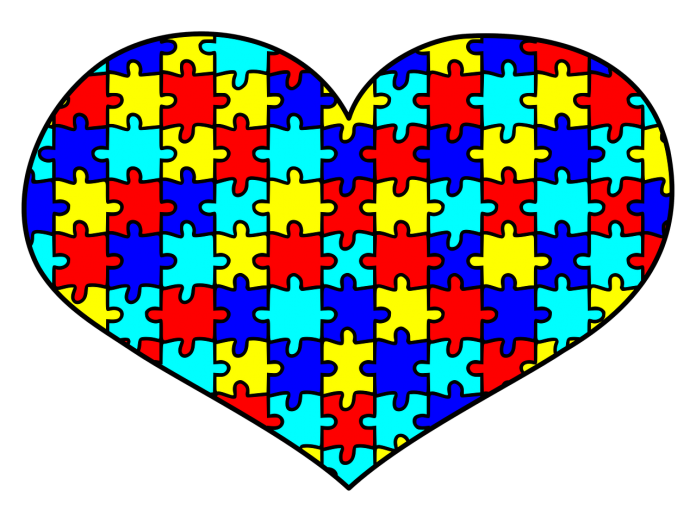
NEW JERSEY – The closure of schools due to the COVID-19 pandemic have created new challenges for parents who have had to juggle being part-time educators as well.
For those parents with children who are autistic, that challenge is even more daunting.
“Times are tough for everyone but can be particularly hard for people with autism and parents of children on the spectrum. Parents are serving as teacher, aide, behavioral therapist, occupational therapist, speech therapist and many other roles crucial for their child’s progress and development,” said Donna S. Murray, PhD. She is vice president of clinical programs and head of the Autism Treatment Network (ATN) at Autism Speaks. She also serves as an adjunct associate professor of Clinical Pediatrics in the Division of Developmental and Behavioral Pediatrics at Cincinnati Children’s Hospital within the University of Cincinnati’s Department of Pediatrics.
She added, “people on the spectrum who live in group homes or full-time care facilities may be separated from their families, and adults living independently are coping with changes to their work environments and typical support systems. To help ease those feelings of isolation, it’s important to come together as a community and continue the kindness wherever we are.”
Murray said the pandemic is affecting families with autistic children in many ways. “The combination of school closures, job cuts/uncertainty and changes to available behavioral supports and resources, along with the many other disruptions in daily routine, can make these times especially trying for individuals and families in the autism community.”
She added, “parents are adapting to managing their child learning from home as well as juggling their own job responsibilities. Coping with disrupted routines and increased anxiety can result in an increase in challenging behavior for some children creating additional challenges for parents.”
It is particularly difficult for families with an autistic child to have their normal routines disrupted. “A lot of autistic people find comfort in the familiar, which adds order to each day. The difficulty of understanding why a routine is disrupted and how long it’s going to last creates a lot of unknowns.”
“Changes to daily routines can lead to increased anxiety and problem behaviors. Parents should start by creating a new routine for home. A printed schedule with words or images can be a concrete way to keep expectations consistent from day to day for their child,” Murray said.
She noted that Autism Speaks has a printable template on their COVID-19 resources page. The routine should build in extra time for physical activity to encourage both physical and mental well-being.
As to what parents can do during this time to help their children and ensure they meet certain developmental milestones, Murray said, “long term absence of school or work can mean a loss of previously acquired skills, particularly academic skills.”
“In home support from family members or telelearning options may help maintain some of those skills. However, this may be a good time to focus on daily living skills. Participating in household chores such as cooking, dish washing, or self-care, may be a good way to focus on these skills.”
Murray said, “parents can demonstrate and teach more independent living skills and offer abundant praise and reinforcement for successes. We know parents are shouldering a lot of the work of teachers and specialists at home, so lean on your providers as much as you can.”
She recommended that parents reach out to their child’s teachers and service providers for a long term plan.
In an effort to keep the spirit of the Autism Month alive, on Saturday, April 25, Autism Speaks hosted Steps for Kindness – a nationwide event challenging the community to walk 5,400 steps in support of the one in 54 kids with autism and to celebrate World Autism Month together as a community.
Participants were encouraged to walk where they were – inside homes, backyards or safely in neighborhoods. “Steps for Kindness was a celebration of our community’s commitment to a kinder, more inclusive world, and an opportunity for us all to be together even during these challenging times. Because now more than ever, the autism community needs support, kindness and closeness.”
To learn more about Autism Speaks, visit AutismSpeaks.org. For personalized support and questions, contact the Autism Response Team at 1-888-AUTISM2, en Español at 1-888-772-9050 or e-mail help@autismspeaks.org.







